The victory of the August Revolution in 1945 ended the colonial-feudal regime, opening an era of independence and freedom for the nation.
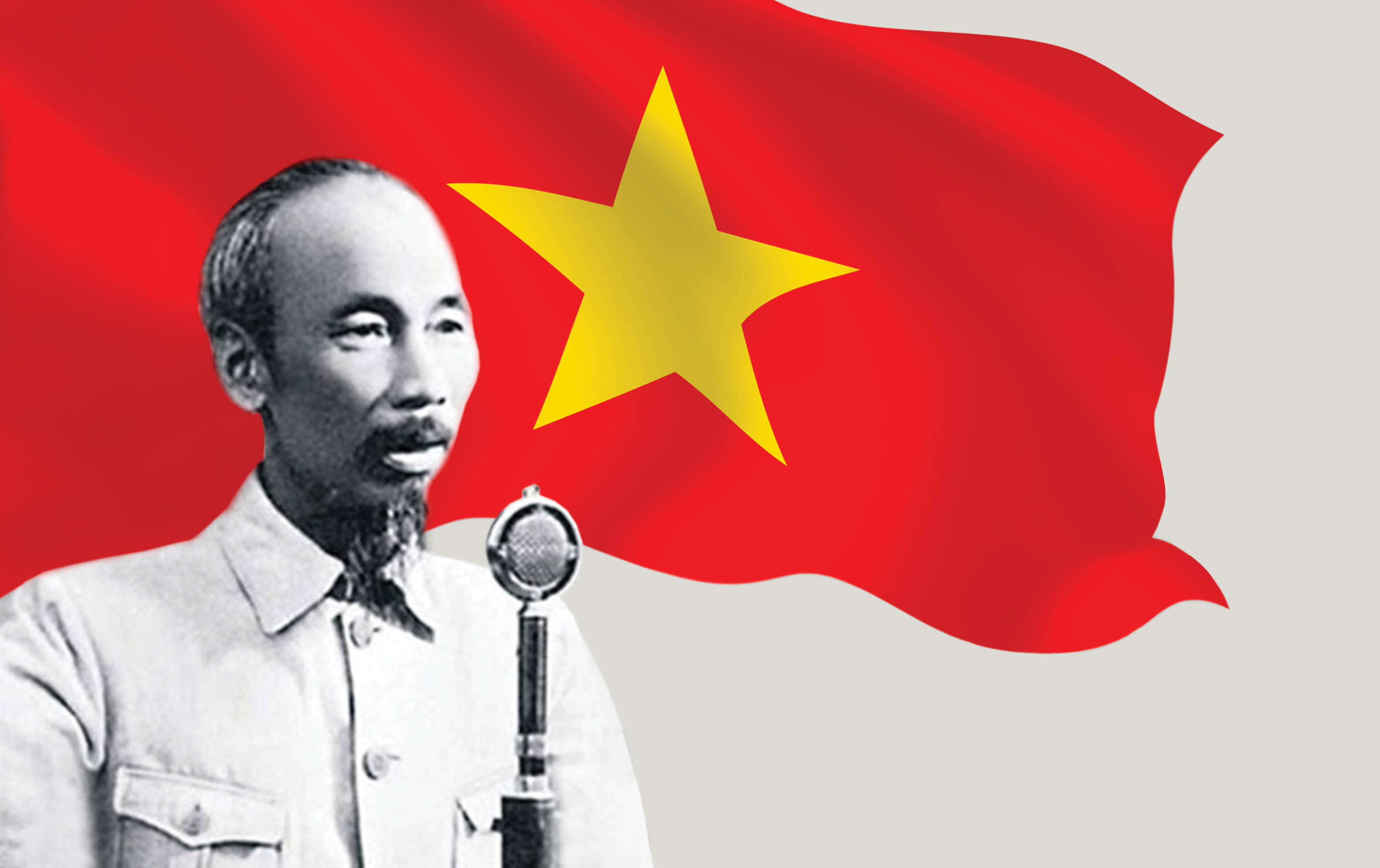 |
Seize the opportunity
On the night of March 9, 1945, Japanese fascists staged a coup, ousting French colonialists in Indochina. In Hue, at 9:15 p.m. the same day, Japanese troops simultaneously opened fire on French troops at important locations. By the afternoon of March 10, 1945, the French military forces had disintegrated, and Japanese troops had completely taken control of Thua Thien province. The main enemy of our people had now shifted from France to Japan.
Faced with the new situation, on March 12, 1945, the Party Central Committee issued the Directive "Japan - France fighting each other and our actions". Thua Thien Provincial Party Committee promptly grasped the policy of the superiors, setting out specific tasks for the provincial revolution in the new situation.
On May 23, 1945, the Provisional Provincial Party Committee of Thua Thien convened an expanded conference at Cau Hai lagoon to assess the domestic situation, identify the opportunity for uprising, and outline urgent tasks ahead to promote the revolutionary movement throughout the province. At the same time, the conference decided to establish the Viet Minh Front of Thua Thien province, under the code name of Viet Minh Nguyen Tri Phuong, and promote the establishment of the Viet Minh Front organization at the district and commune levels.
At the end of June 1945, two Viet Minh organizations in the province, Viet Minh Nguyen Tri Phuong and Viet Minh Thuan Hoa, merged to establish the Executive Committee of the Viet Minh Front of Thua Thien province, electing a unified Steering Committee of 5 people, with comrade Hoang Anh as Secretary.
On August 10, 1945, upon receiving news that the Japanese army was about to surrender, the Standing Committee of the Thua Thien Provincial Party Committee held an urgent meeting to review the preparations and decide on an uprising plan to seize power. At the same time, they actively prepared for an uprising in Hue and took the two districts with the strongest movements, Phu Loc and Phong Dien, as the starting point for the uprising to seize power throughout the province.
On August 14, 1945, the Supreme War Council and the Japanese cabinet announced their unconditional surrender to the Allies. Also on this day, the Viet Minh General Headquarters issued a "Call" stating that the Japanese fascists had surrendered, the Allies were about to enter Indochina, and the time for the General Uprising had come!
At this time, comrade Nguyen Vinh was attending the Tan Trao Conference, met leader Nguyen Ai Quoc, was added to the Central Executive Committee of the Indochinese Communist Party, and was assigned to be the Secretary of the Regional Party Committee and representative of the Viet Minh General Department in Central Vietnam.
On August 15, 1945, the Viet Minh province received news that the Japanese fascists had officially surrendered to the Allies, the Allies were about to enter Indochina to disarm the Japanese army, the Central Committee's uprising order had been issued, and an extraordinary conference was held. The conference decided on a number of issues directly related to the uprising to seize power, instructed the Viet Minh of 6 districts and Hue city to step up propaganda, explain to the masses clearly the favorable opportunity to stand up and overthrow the reactionary government, establish a revolutionary government, and at the same time sent two delegations to ask for instructions from the Central Committee and the Inter-provincial Government.
The Standing Committee of the Viet Minh province tried to isolate and highly divide the enemy by sending letters to members of the Tran Trong Kim Government , the Governor of Thua Thien, the Governor of Hue City, the District Chiefs of 6 districts, those responsible for pro-Japanese organizations and local authorities, clearly stating the Viet Minh's policy of uniting all classes of people to liberate the nation, and at the same time calling on everyone to participate in saving the country.
As for King Bao Dai, the Prime Minister of the Royal Office, Pham Khac Hoe, was assigned by the Viet Minh Front to lobby for the king to abdicate. On August 17, 1945, the Tran Trong Kim Cabinet met and King Bao Dai issued Decree No. 105, which included two main points: “The first point is that the king is willing to hand over the government to the Viet Minh, the organization that has fought the most for the people's rights, and invites Viet Minh leaders to Hue to form the Cabinet. The second point is that the issue of government will be decided by the people later, and the king promises to follow the will of the people.”
On August 20, 1945, the Provincial Uprising Committee was established, with comrade To Huu as Chairman, and decided to take August 23, 1945 as the date to carry out the General Uprising to seize power in Hue.
At 2:00 p.m. on August 21, 1945, Dang Van Viet and Cao Pha (Nguyen The Luong) followed the order of the Uprising Committee to go to the flagpole to lower the Ly flag and raise the red flag with a yellow star.
At around 6 p.m. on August 22, 1945, Hue Radio broadcast King Bao Dai's statement: "I would rather be a citizen of an independent country than a king of a slave country. I am sure that the entire nation is as willing to sacrifice as I am."
Throughout the night of August 22, 1945, the people of Hue city were excited, preparing weapons, posting slogans, sewing flags, waiting for the time to start. Self-defense teams went to hunt down traitors, spies, and effective lackeys of the French colonialists and Japanese fascists who were still resisting.
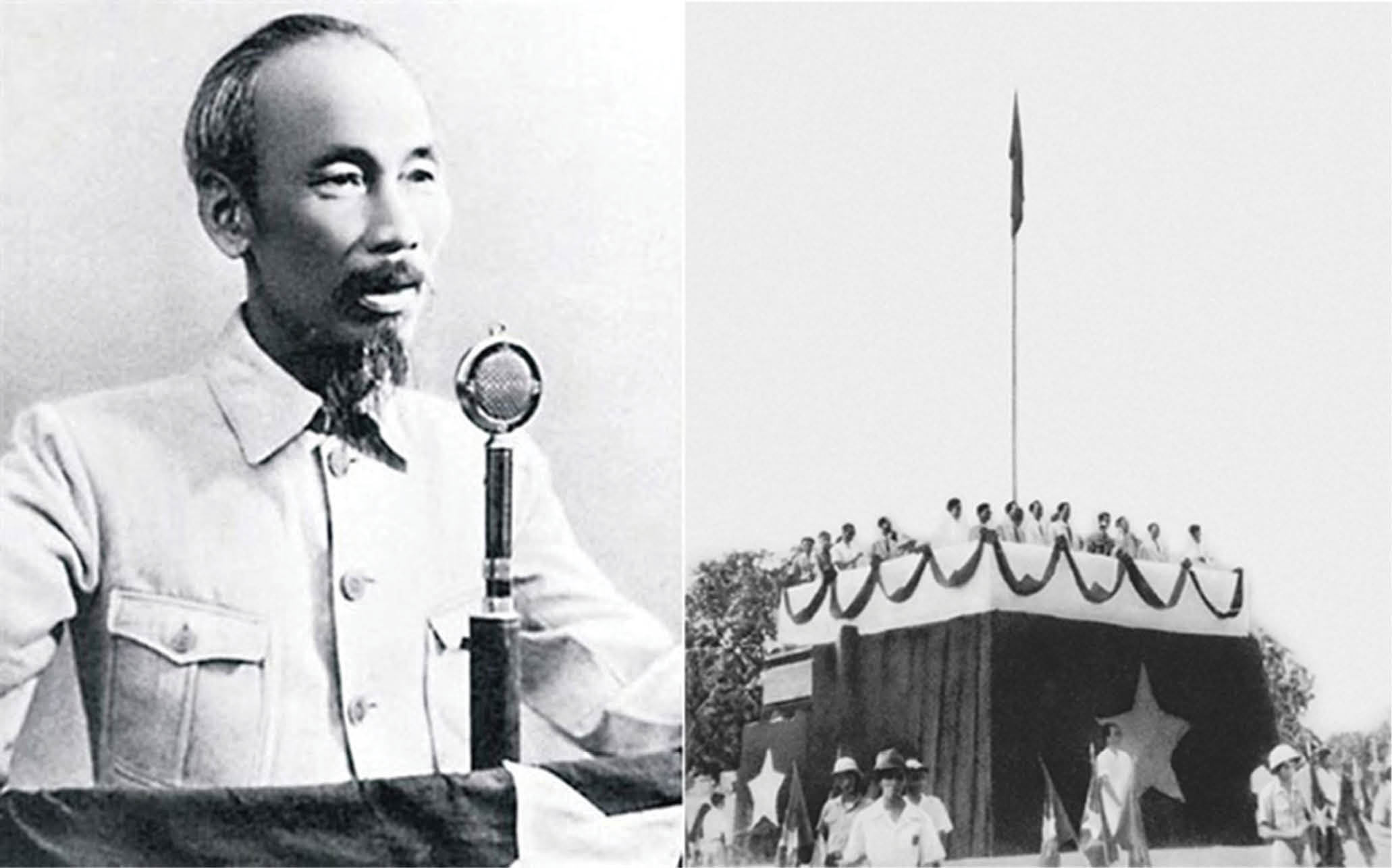 |
| On September 2, 1945, at Ba Dinh Square, Hanoi, President Ho Chi Minh read the Declaration of Independence, giving birth to the Democratic Republic of Vietnam. The Democratic Republic of Vietnam opened a new era in the history of the nation. Photo: Document |
Deep human meaning
On August 23, 1945, in the overwhelming atmosphere of the General Uprising, the people of Hue, along with tens of thousands of people and self-defense forces from districts in the province, marched to Hue city to participate in seizing power. Throughout the streets, red flags with yellow stars and revolutionary slogans were raised high. Rows and rows of people lined up in formation carrying banners, flags, sticks, swords and spears, enthusiastically took to the streets to protest, shouting slogans such as “Long live Vietnam’s independence”, “Vietnam belongs to the Vietnamese people”.
At 4 p.m. the same day, at Hue Stadium, tens of thousands of people from districts in Thua Thien province, along with national salvation units, security forces, and militia, poured into the historic rally. The Uprising Committee led by comrade To Huu marched to the podium amid the resounding cheers of the masses. Chairman of the Uprising Committee To Huu read a speech highlighting the scale and significance of the uprising and declared that the entire province's government had been handed over to the people.
On August 28, 1945, people gathered at Hue Stadium to welcome the Central delegation to announce the victory of the General Uprising nationwide, and to introduce the National Liberation Committee as the provisional revolutionary government with comrade Ho Chi Minh as President.
On the afternoon of August 30, 1945, the Viet Minh province and the people gathered in front of Ngo Mon Gate to witness the moment when Emperor Bao Dai abdicated, handing over the golden national seal and the jewel-encrusted sword symbolizing the royal power to the delegation representing the provisional revolutionary government. The struggle of the people of Thua Thien province and the whole country in general had reached complete victory.
The victory of the August Revolution in 1945 brought independence to the Vietnamese people. On September 2, 1945, at Ba Dinh Square, President Ho Chi Minh solemnly read the Declaration of Independence, giving birth to the Democratic Republic of Vietnam (now the Socialist Republic of Vietnam).
It can be affirmed that the abdication of King Bao Dai contributed to the profound humanistic value of the August Revolution in 1945, when state power was transferred from the feudal regime to the revolutionary government peacefully, without bloodshed. The uprising to seize power in Hue clearly demonstrated the strength of the revolutionary will of our entire nation.
Source: https://huengaynay.vn/chinh-tri-xa-hoi/theo-dong-thoi-su/hue-noi-chung-kien-su-kien-lich-su-dac-biet-157141.html




![[Photo] Lao President Thongloun Sisoulith and President of the Cambodian People's Party and President of the Cambodian Senate Hun Sen visit the 95th Anniversary Exhibition of the Party Flag Lighting the Way](https://vphoto.vietnam.vn/thumb/1200x675/vietnam/resource/IMAGE/2025/9/2/3c1a640aa3c3495db1654d937d1471c8)
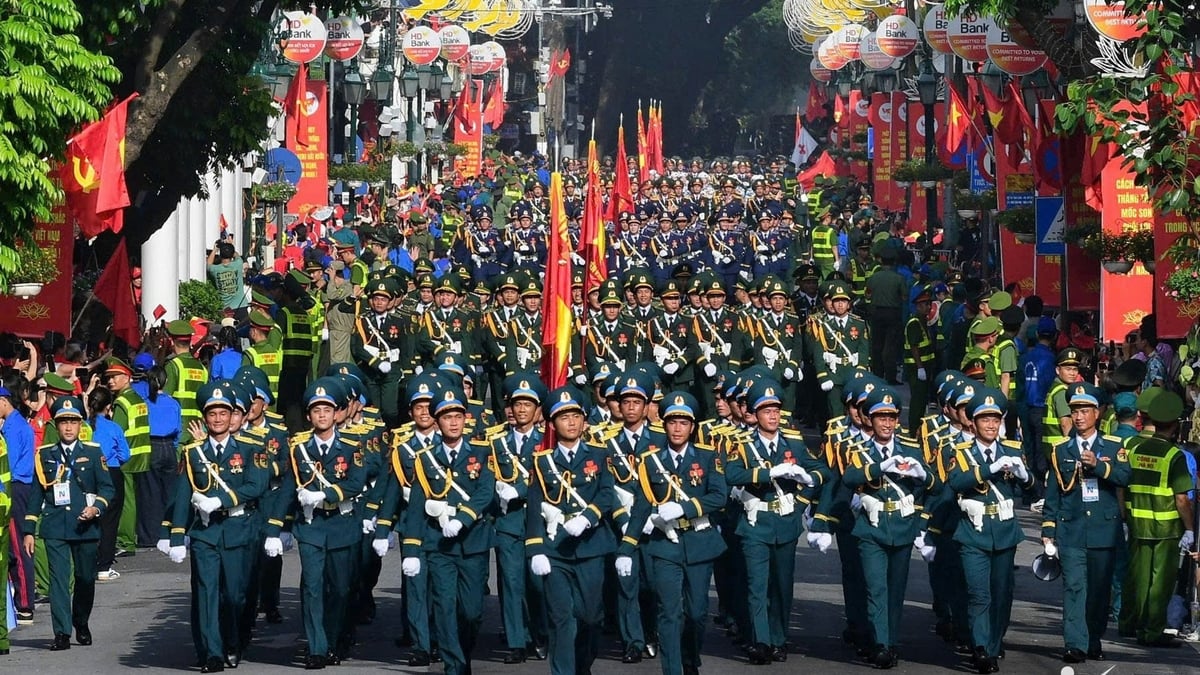
![[Photo] National Assembly Chairman Tran Thanh Man meets with First Secretary and President of Cuba Miguel Diaz-Canel Bermudez](https://vphoto.vietnam.vn/thumb/1200x675/vietnam/resource/IMAGE/2025/9/2/c6a0120a426e415b897096f1112fac5a)
![[Photo] National Assembly Chairman Tran Thanh Man receives First Vice Chairman of the Federation Council of Russia](https://vphoto.vietnam.vn/thumb/1200x675/vietnam/resource/IMAGE/2025/9/2/3aaff46372704918b3567b980220272a)



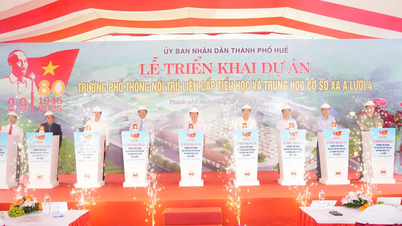

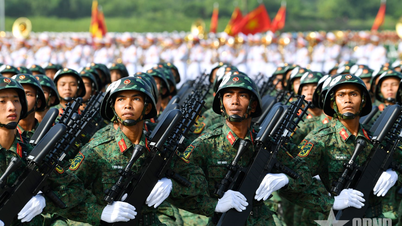

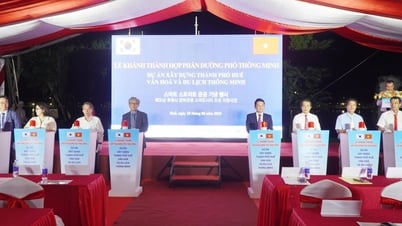
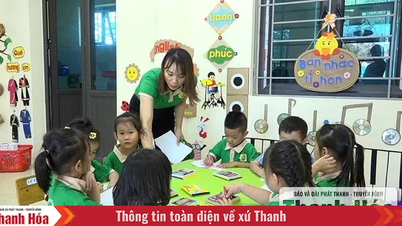
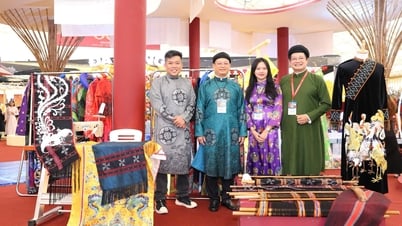





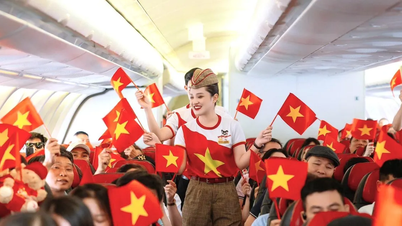
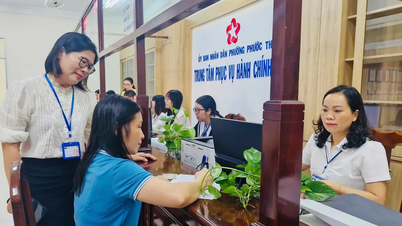
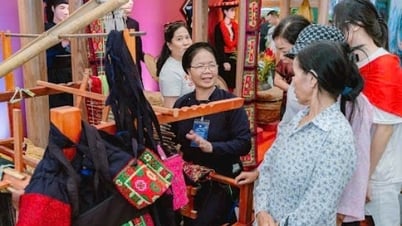




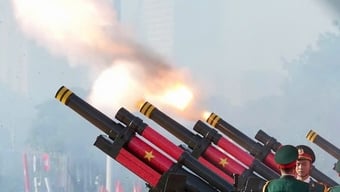
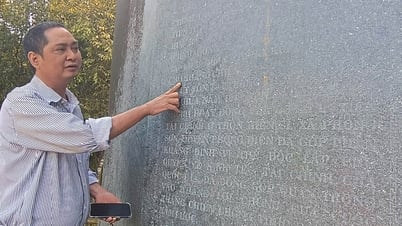
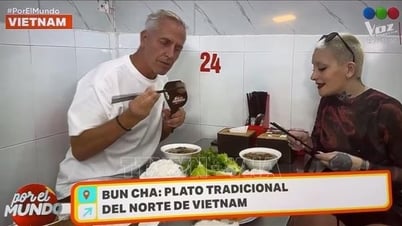
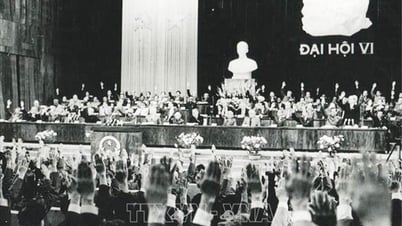
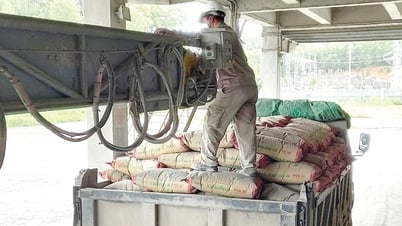
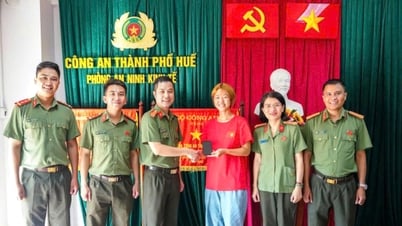
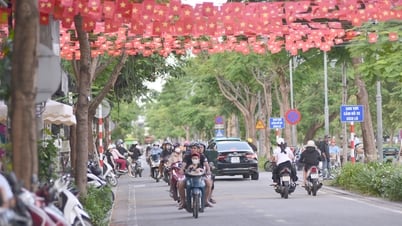
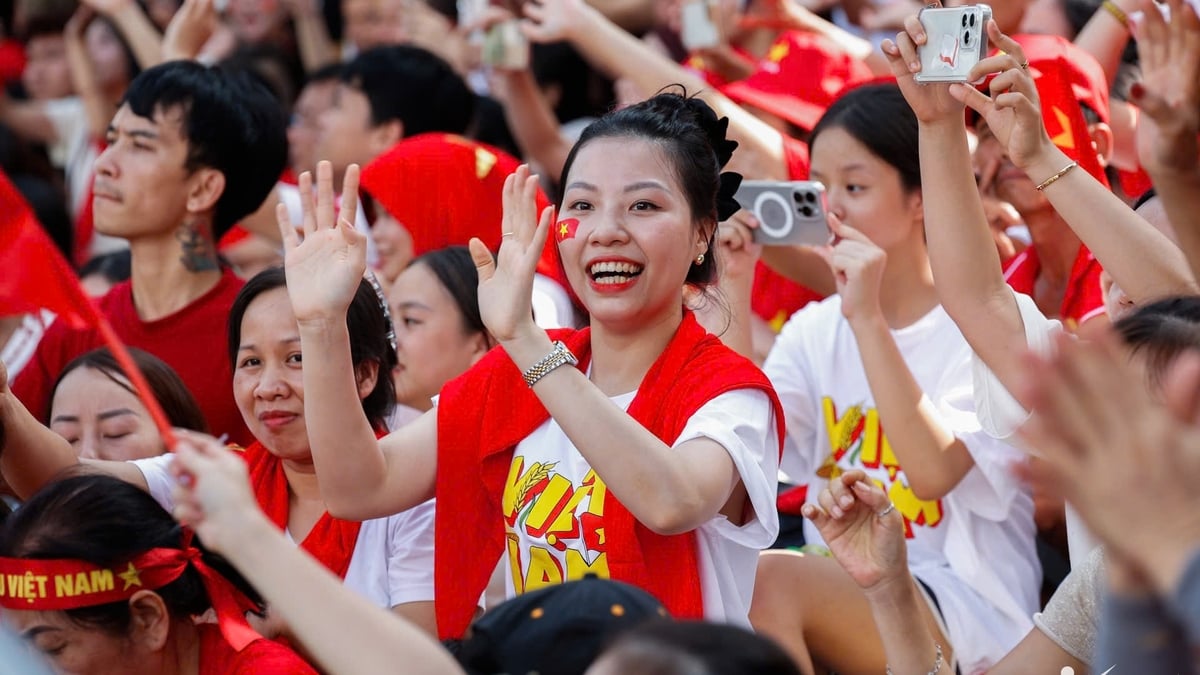
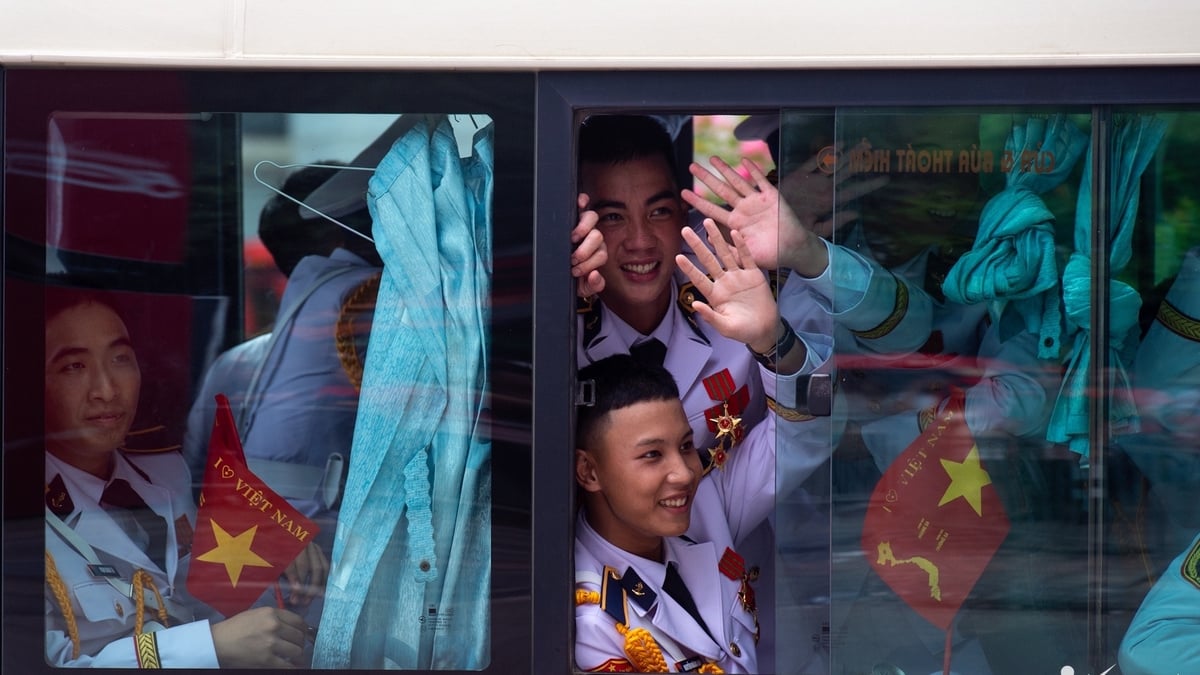








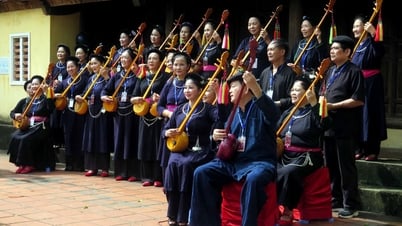

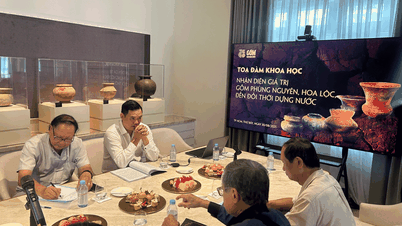


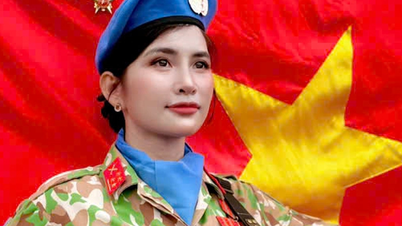



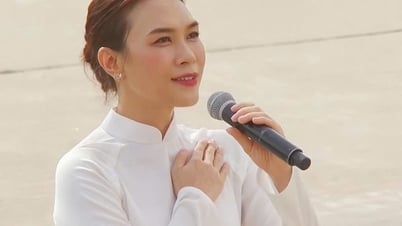
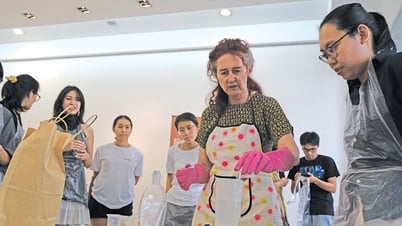










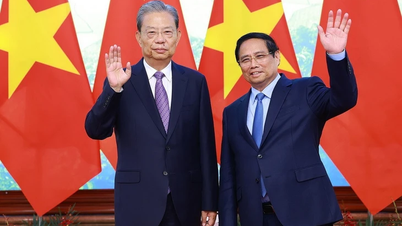
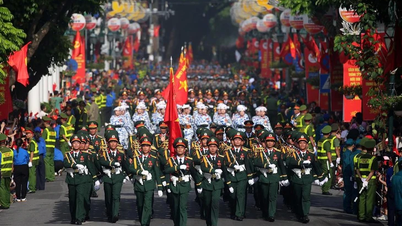
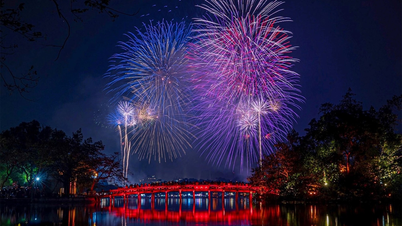
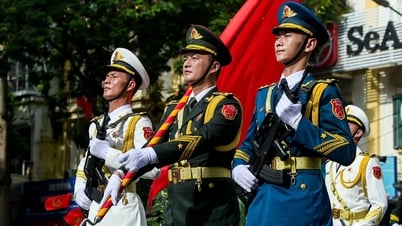
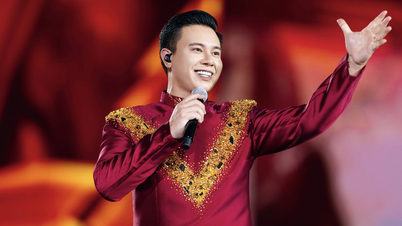



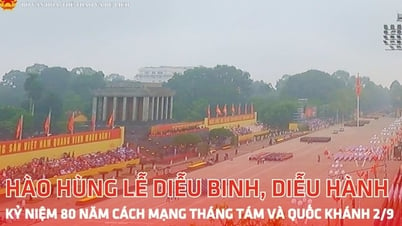

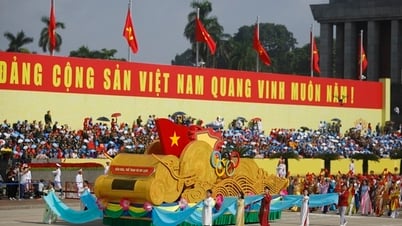

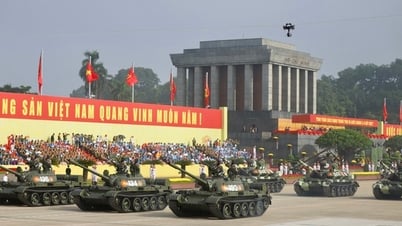
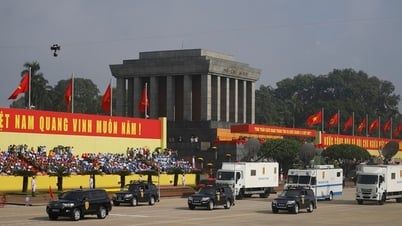



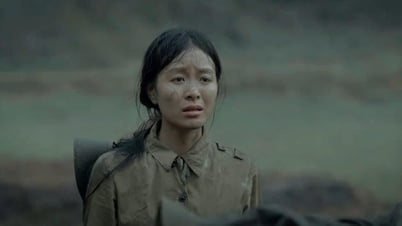

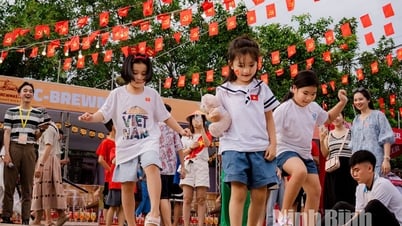

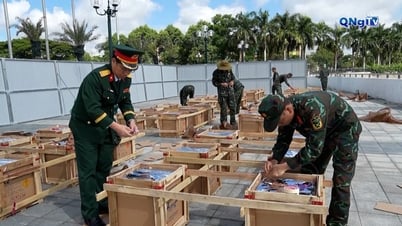







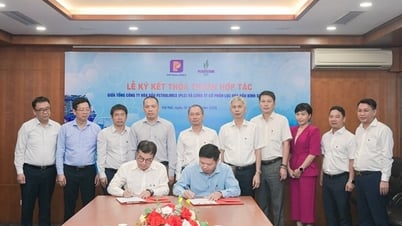

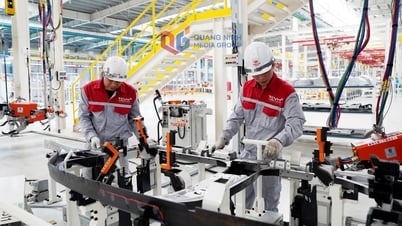

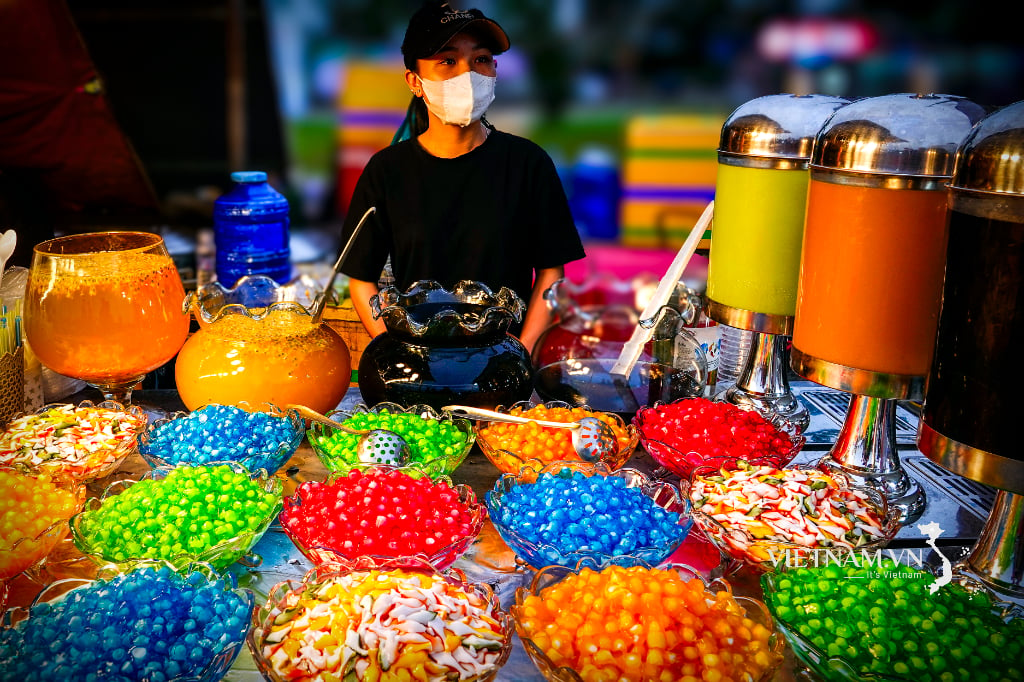

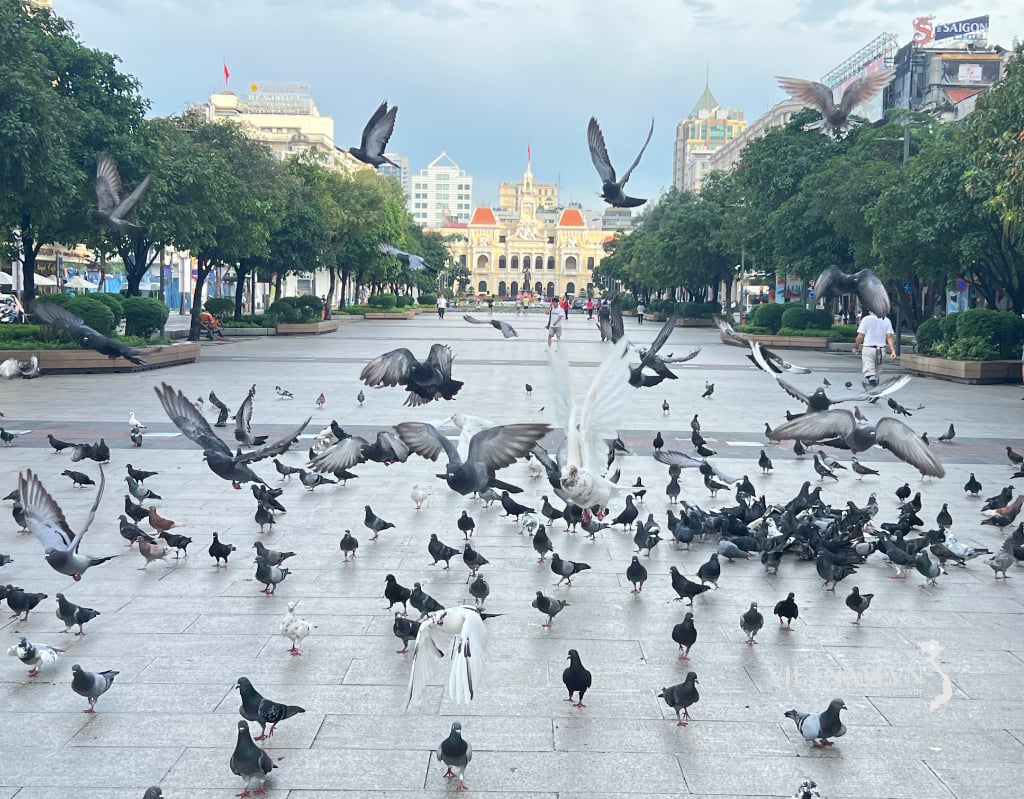

Comment (0)